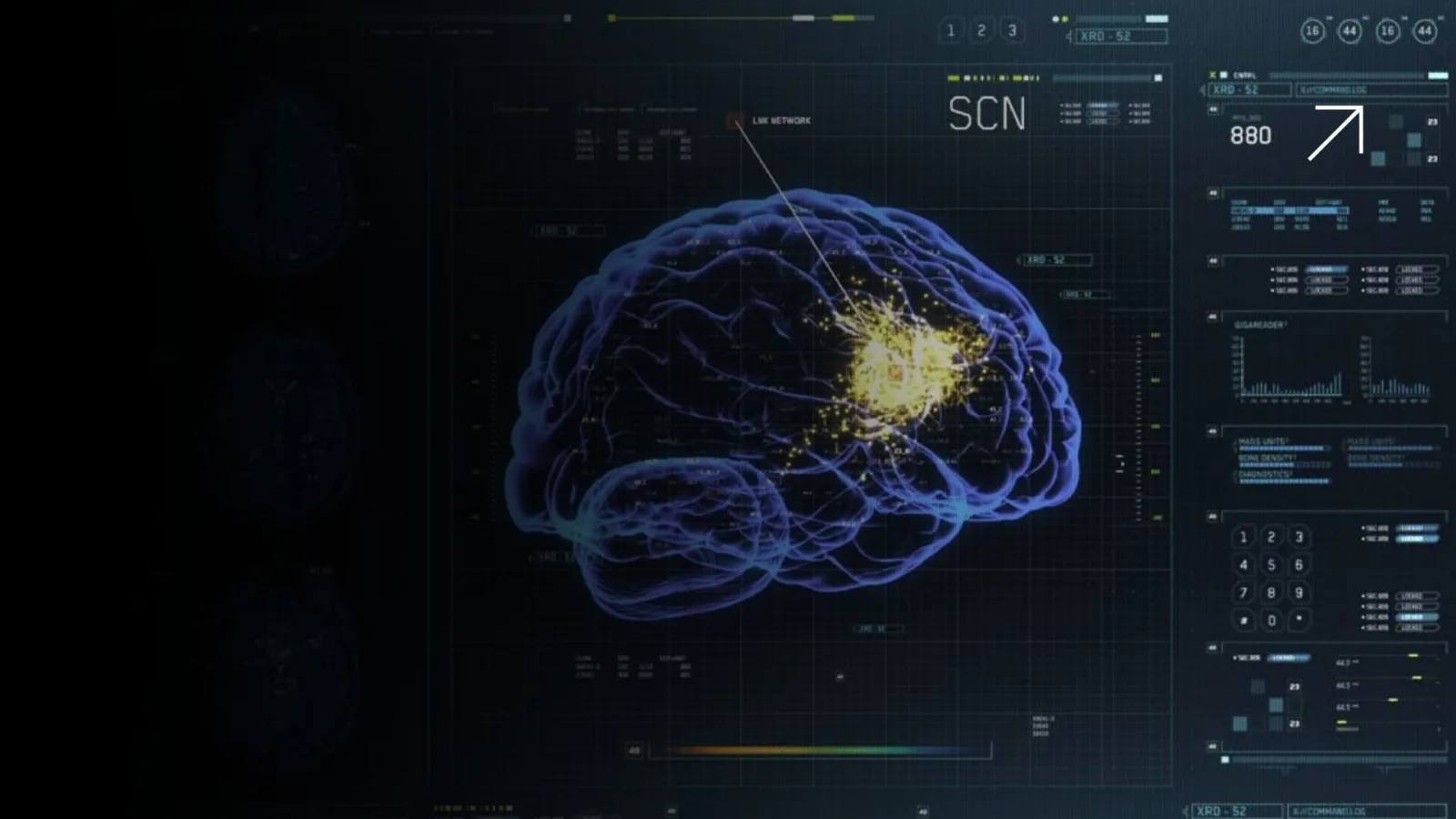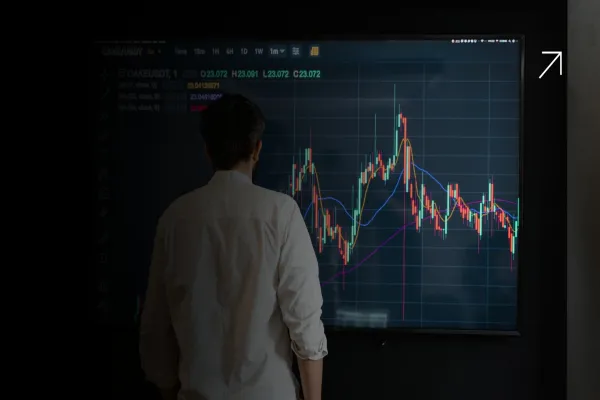Pharmaceutical sales is not what it used to be. Doctors have limited time, compliance rules are stricter, and the complexity of new therapies demands sales reps with deep knowledge and adaptive skills. The old ways of lecture-based training or handing out brochures just don’t cut it anymore. Reps forget much of what they learn, and companies struggle to measure ROI on training investments. That’s where gamification in pharma sales training comes in.
By turning learning into an engaging, interactive experience with points, levels, challenges, and real-world simulations, gamification helps reps stay motivated, retain knowledge longer, and apply it in real sales situations. For pharma companies, the payoff is clear: better-prepared sales teams, stronger customer conversations, and measurable improvement in outcomes.
This blog explores how gamification is reshaping sales training across pharma and biopharmaceutical industries. From onboarding new reps to refreshing product knowledge, gamification creates experiences that stick.
Why Gamification Works in Pharma Sales Training
Traditional pharma sales training often struggles with disengagement. Gamification flips the script by making reps active participants instead of passive learners.
Making Learning Stick Through Engagement
Studies show that learners retain more when they’re emotionally invested. Gamification elements like leaderboards, badges, and story-driven modules tap into that motivation, keeping sales reps hooked on training.
Reducing Knowledge Decay with Interactivity
Pharma reps need to remember complex product details, clinical trial data, and compliance guidelines. Gamified quizzes and scenario-based role plays reinforce these points over time, reducing knowledge loss.
Building Motivation Through Healthy Competition
Leaderboards and achievement systems create a sense of friendly rivalry. Sales reps stay motivated not just to complete training but to excel at it, improving overall performance.
Gamification and the New Pharma Sales Landscape
The pharma sales model is changing. Doctors are harder to reach, customer expectations are evolving, and digital channels are now standard. Gamification aligns perfectly with this shift.
Adapting to Hybrid Sales Models
Pharma companies today use a mix of in-person and digital engagement. Gamified training prepares reps to thrive in both, simulating calls, virtual interactions, and follow-ups.
Meeting the Needs of Time-Pressed Doctors
Doctors expect concise, relevant conversations. Gamification ensures reps practice delivering key points quickly and effectively, improving real-world outcomes.
Training Reps on Complex Products Faster
With biologics, biosimilars, and cutting-edge therapies entering the market, reps need deep knowledge. Gamification accelerates learning through immersive, scenario-driven training.
Designing Effective Gamified Learning Journeys
Gamification isn’t just about adding points or badges. It’s about crafting experiences that align with sales goals and rep behavior.
Setting Clear Objectives for Reps
Gamified modules should align with business goals: boosting product knowledge, improving compliance, or sharpening communication. Clear objectives keep reps focused.
Mixing Storytelling with Learning
Story-driven gamification creates emotional engagement. For example, reps could follow a narrative about launching a new drug, unlocking modules as they progress.
Balancing Fun and Serious Learning
Too much fun can dilute seriousness, while too much rigor can feel dull. The right blend keeps reps motivated while ensuring the training achieves measurable results.
Gamification in Biopharmaceutical Sales Training
Biopharma products are often complex, with scientific data that can overwhelm new reps. Gamification helps simplify without losing depth.
Breaking Down Complex Science
Interactive games can help reps master mechanisms of action, trial results, and side effects step by step, reinforcing retention.
Preparing Reps for Informed Conversations
Doctors expect reps to go beyond the basics. Gamified role-plays prepare reps for tough questions and objections in the field.
Improving Compliance and Accuracy
Gamification in biopharmaceutical sales training also ensures reps adhere to compliance requirements through scenario-based practice.
The Business Value of Gamification in Pharma Sales Training
For pharma companies, the investment in gamification isn’t just about training, but also about ROI.
Faster Onboarding of New Reps
New reps typically take months to get field-ready. Gamified onboarding accelerates this, helping them contribute sooner.
Higher Retention of Product Knowledge
Gamification reduces retraining costs by ensuring reps remember more, for longer. That translates to cost savings and better sales outcomes.
Linking Training Directly to Sales Performance
Gamified training platforms often provide analytics. Managers can see who’s excelling and who needs more support, linking learning to sales metrics.
Overcoming Challenges in Gamification Adoption
Like any change, gamification comes with hurdles. Companies must address them to succeed.
Addressing Resistance from Sales Teams
Some reps may see gamification as gimmicky. Properly designed modules show real value, turning skeptics into advocates.
Ensuring Data Privacy and Security
Pharma companies handle sensitive data. Any gamification platform must meet compliance and security standards.
Balancing Cost and Impact
Custom gamified training can be expensive. The key is starting small with pilot programs to prove value before scaling.
Gamification and Rep Engagement
Engaged reps are more effective reps. Gamification directly boosts engagement in multiple ways.
Creating a Sense of Progress
Badges, levels, and unlockable content show reps how far they’ve come, fueling momentum.
Encouraging Peer-to-Peer Learning
Leaderboards and group challenges encourage collaboration, not just competition. Reps learn from each other’s strategies.
Building Confidence Before Real-World Calls
Simulations and gamified practice sessions give reps confidence before they meet doctors, reducing anxiety and improving performance.
Gamification Use Cases in Pharma Sales
Gamification works across multiple stages of sales training and support.
Onboarding New Sales Representatives
Interactive onboarding makes learning company values, policies, and products faster and more enjoyable.
Supporting Product Launches
When a new drug hits the market, gamified challenges can ensure reps master launch materials quickly.
Reinforcing Ongoing Learning
Gamification isn’t just one-time: it keeps reps sharp through periodic refreshers and micro-learning modules.
Global Examples of Gamification in Pharma Sales
Pharma companies worldwide are already applying gamification with measurable results.
Case Studies from Biopharma Training
Biopharma firms have used gamification to improve engagement during complex oncology product training, cutting onboarding time significantly.
Lessons from Non-Pharma Industries
Salesforce adoption programs and other industries show how gamification boosts adoption and performance: pharma can adapt these lessons.
Success Factors Across Markets
Consistent design, strong content, and clear goals separate successful gamification programs from failures.
Future of Gamification in Pharma Sales Training
Gamification isn’t a passing trend. It’s evolving with technology and will shape the future of pharma sales training.
AI and Adaptive Learning in Gamification
Future platforms will use AI to personalize training, adjusting difficulty and content based on rep performance.
Integration with Virtual and Augmented Reality
Imagine reps practicing drug pitches in VR with lifelike simulations. That’s the next frontier.
Measuring Long-Term ROI
As gamification platforms mature, they’ll connect more directly to business metrics, proving their value beyond doubt.
Building a Gamification Roadmap for Pharma Training
For companies ready to begin, a clear roadmap makes the transition smoother.
Start with Pilot Programs
Launching with one product or one sales team helps prove value before expanding.
Scale Gradually with Feedback
Iterate based on rep and manager feedback to ensure training stays relevant and effective.
Partner with Experts
Specialized training partners bring experience and tools to design gamification that works for pharma needs.
Conclusion
Gamification in pharma sales training is more than a buzzword. It’s a practical, proven approach to improving engagement, knowledge retention, and real-world performance. For an industry where product knowledge and compliance are critical, gamification gives sales reps an edge.
Pharma companies that adopt gamification now will not only build stronger sales teams but also deliver greater value to doctors and patients. The message is clear: training that feels like a game delivers serious results.
Want to explore how gamification in pharma sales training can transform your sales force? Let’s connect and design a strategy that fits your business goals.





